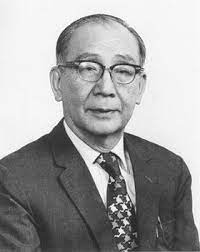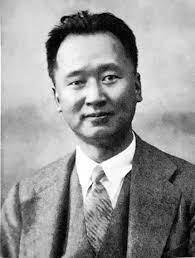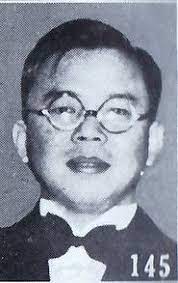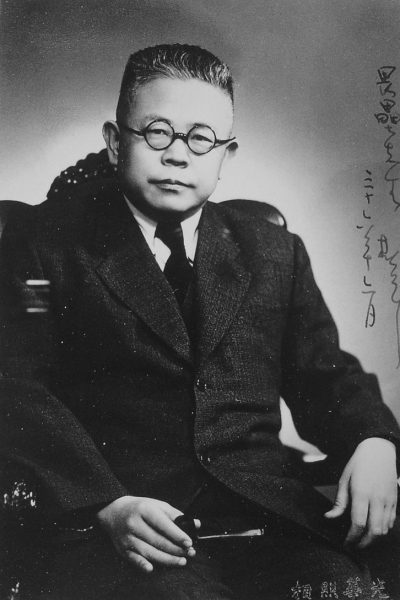Yeh Kung-ch'ao (20 October 1904-), known as George K. C. Yeh, Western-trained scholar and university professor who entered public life during the Sino-Japanese war. In 1945 he directed the ministry of information's United Kingdom office in London. He later served as vice minister (1947-48), acting minister (1949), and minister (1950-57) of foreign affairs in the […]










